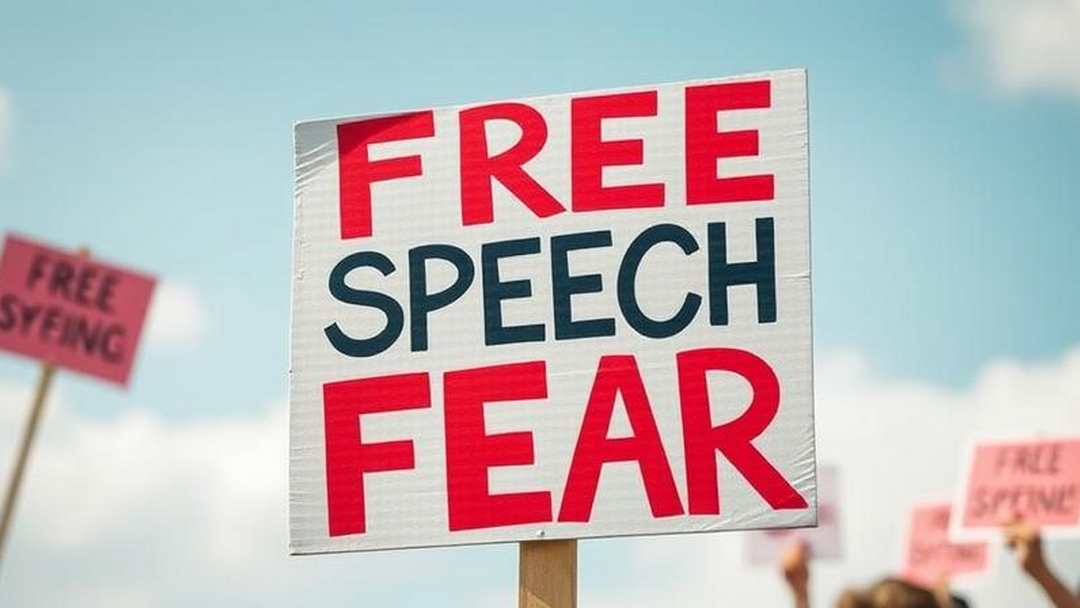Citizen-initiated proposals aimed at increasing the minimum wage and expanding paid sick leave
In a significant ruling, the Michigan Supreme Court has reinstated the original minimum wage and paid sick leave laws that were initially gutted by the legislature in 2018. This decision reverses the amendments made by the legislature, which had adopted and then quickly weakened the voter-initiated proposals, effectively bypassing the intent of the voters.
Background
In 2018, two citizen-initiated proposals aimed at increasing the minimum wage and expanding paid sick leave were presented.
The Michigan Legislature adopted these initiatives to prevent them from going to a public vote, then promptly amended them to make them more business-friendly. This “adopt and amend” strategy reduced the scope and impact of the original proposals.
For example, the minimum wage was set to increase more gradually, and the paid sick leave law was adjusted to exempt more businesses from providing benefits.
The Court’s Ruling
The Michigan Court of Claims, with Judge Douglas Shapiro presiding, ruled that this legislative maneuver violated the state constitution. Shapiro’s opinion emphasized that once the legislature adopts an initiative, it cannot amend it within the same session.
This decision reinstates the original 2018 proposals, which include raising the minimum wage to $12 per hour and extending paid sick leave benefits to many more employees than the amended laws allowed.
The court found that the legislature’s actions undermined the will of the people, who had supported the more generous terms of the original initiatives. The ruling also highlighted the constitutional principle that initiatives should be protected from legislative tampering once they are adopted.
Implications for Workers and Employers
The restoration of these laws is a major victory for worker rights groups and unions, who argue that the higher minimum wage and expanded sick leave are essential for providing fair compensation and benefits to workers.
For instance, the reinstated minimum wage law also includes provisions to eliminate the lower tipped wage by 2024, ensuring all workers receive at least $12 per hour.
The paid sick leave law now requires businesses, including those with fewer than 50 employees, to offer up to 72 hours of paid sick leave annually.
This decision is seen as a move towards economic justice, addressing issues of wage inequality and providing greater job security and benefits for low-income workers. Supporters argue that these changes are necessary to meet the rising cost of living and provide a fair wage for all workers.
Business Community’s Response
The business community, however, has expressed significant concerns about the impact of these changes. Many business leaders argue that the restored laws will place a substantial financial burden on employers, particularly small businesses already struggling with the effects of the COVID-19 pandemic and ongoing economic challenges. They warn that the increased labor costs could lead to higher prices for consumers, reduced hiring, and even closures of small businesses.
The Michigan Restaurant & Lodging Association, for example, fears that the immediate implementation of these laws could create chaos in the hospitality industry, which is heavily reliant on the lower tipped wage model. Business groups are calling for a delay in implementing the changes to allow time for adjustment and are expected to appeal the ruling.
Next Steps
The Michigan Supreme Court’s decision marks a pivotal moment in the state’s labor policy, reaffirming the constitutional protections for voter-initiated laws. While the ruling is a clear win for worker advocates, the legal and political battles are likely to continue as business groups push back and seek ways to mitigate the impact on employers.
The state’s regulatory bodies, including the Michigan Department of Labor and Economic Opportunity, are now tasked with ensuring compliance with the restored laws. They will play a crucial role in determining how these laws are implemented and enforced, potentially shaping the future landscape of labor rights in Michigan.
This ruling underscores the ongoing tension between protecting worker rights and addressing the concerns of the business community, highlighting the complexities of labor law and economic policy in Michigan.
Conclusion
The Michigan Supreme Court’s decision to restore the original minimum wage and paid sick leave laws represents a significant shift in the state’s labor policy, aimed at providing greater protections and benefits for workers.
While celebrated by worker rights groups, the ruling poses challenges for businesses, setting the stage for further legal and political debates.
As the state moves forward with implementing these changes, the balance between fair labor practices and economic viability will remain a central issue.
Read the opinion here:
Legal Counsel and Your Rights
When facing legal challenges, particularly in criminal cases, it is advisable to seek legal counsel immediately.
An experienced attorney can provide guidance on how to navigate interactions with law enforcement while safeguarding your constitutional rights.
Since 1993 our expert legal defense in navigating criminal law matters and protecting your constitutional rights are what we eat for breakfast everyday.
Contact Komorn Law PLLC if you’re ready to fight and win.
Research us and then call us.
More Rights You Should Know

Free Speech, Terror and Michigan Law
Michigan Supreme Court Vacates Court of Appeals Ruling, Temporarily Preserves State Anti-Terror StatuteIf you are charged with a crime you're part of the State of Michigan family now. Call us - Because you don't want to be a part of that family. Komorn Law (248)...

4th Circuit says – Assault weapons can be banned
This case is about whether the Act’s general prohibition on the sale and possession of certain “assault weapons,” are unconstitutional under the Second Amendment. An en banc federal appeals court upheld Maryland’s ban on assault-style weapons in a 10-5 decision...
Other Articles
Criminal Law FAQs – Assault and Battery
Michigan Criminal Laws FAQs Assault and BatteryAccording to Michigan State Law, Assault and Battery are distinct but often related offenses. There isn't one single statute that explicitly defines both terms together. Instead, their definitions have evolved through...
Other Bodily Fluid House Hearing – HB-4391- Update 5-22-25
Michigan House HearingHB-4391 Saliva Test Update 5-22-25Watch the hearing or read the summary.Click here or image below to see videoFYI: Marijuana although voted to be legalized is still classified as a controlled substance in the State of Michigan and Federally. More...
Criminal Law FAQs – Marijuana Offenses
Michigan Criminal Laws FAQs Marijuana OffensesFAQ 1: Is recreational marijuana legal in Michigan? Answer: Yes, recreational marijuana is legal for adults 21 and over in Michigan. However, there are restrictions on possession, use in public places, and driving under...
Criminal Law FAQs – Operating While Intoxicated (DUI – OWI)
Michigan Criminal Laws FAQs Drunk Driving (Operating While Intoxicated - OWI)FAQ 1: What is the legal blood alcohol content (BAC) limit in Michigan? Answer: In Michigan, the legal BAC limit for operating a vehicle is 0.08% for individuals 21 years of age or older. For...
The Case of Cannarbor -v- The Michigan Dept of Treasury
Nice Try...This case centered on the disagreement between Cannarbor, Inc., a medical marijuana provisioning center operating in Michigan, and the Michigan Department of Treasury concerning the obligation to collect sales tax on the retail sale of medical marijuana....
Legal Tip – Driving High on Cannabis in Michigan
Driving under the influence of cannabis is illegal and carries serious consequences in Michigan.We have fought and won many cases from the District Courts, Circuit Courts, Court of Appeals and the Supreme Court through out the State of Michigan. We have also fought...
Michigan House Bill NO. 4391
It may just be easier to collect and analyze tears.This legislation seeks to integrate saliva testing for cannabis within law enforcement procedures, designating a refusal to participate in this testing as a criminal offense, similar to the penalties imposed for...
Legal Tip – Your Rights During a DUI Stop in Michigan
Komorn Law - Quick Legal TipsLegal Tip: Understanding Your Rights During a DUI Stop in Michigan A DUI stop can be stressful, but knowing your rights is crucial. You have the right to remain silent. You are not obligated to answer questions beyond basic identification....

















